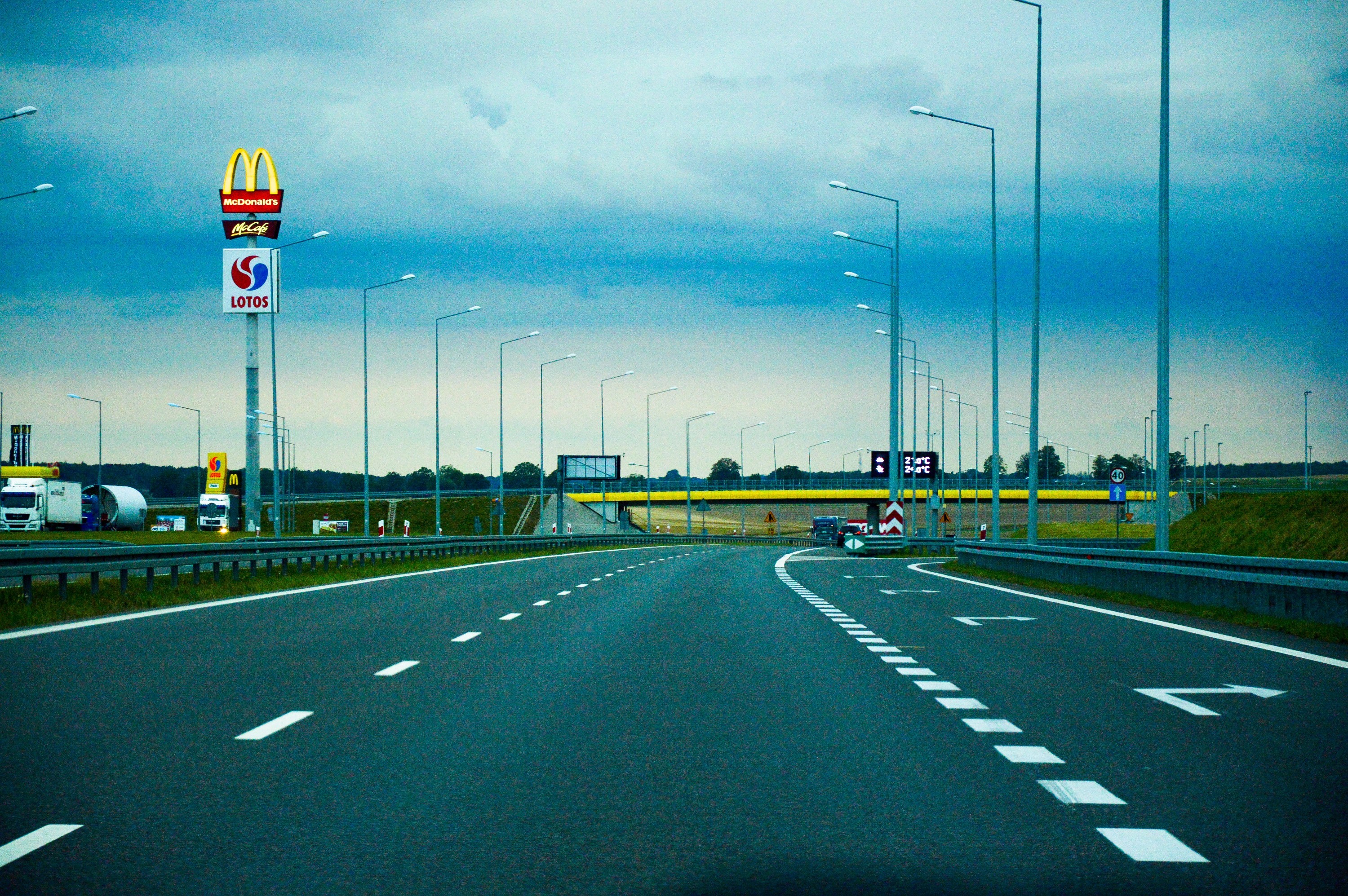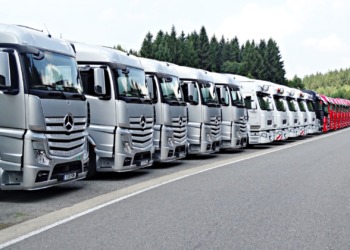Movie Review: The Founder
McDonald’s has restaurants in 118 different countries and serves around 68 million customers every single day. McDonalds is a divisive topic. Some people think of jolly clowns and others think of childhood obesity; some think of affordable food while others can only think of globalization. Most likely you know just as many people who boycott the Golden Arches as you know who see it as their guilty pleasure.
PHOTO CREDIT: Pexels
In general, McDonalds branding is excellent. For a fast food chain, it is doing very well today, in a time when we are questioning what we eat, perhaps, more than ever with its healthier options (whether these are actually healthy options or not is an entirely different debate). Carrots can be found decorating the windows and you can pay quickly and efficiently at an automated kiosk, beating the line, you can now even get table service and many restaurants offer bonuses such as free wifi and student discounts. The chain has evolved from its humble beginnings as a hamburger only restaurant to now hosting McCafe with its sustainably sourced coffee beans and croissants. McDonalds is keeping up with the times so that it can keep up with you.
Related article: “MAKING A MOVIE TOO REALISTIC?“
Enter: “The Founder”. “The Founder” was not made in conjunction with McDonald’s but based on Ray Kroc’s autobiography and written by Robert Siegal and then released by The Weinstein Company on January 20 2017. So, who is Ray Kroc? Do I mean Ray McDonald? Until I sat down with “The Founder”, this would also have been my question. McDonald’s, thanks to decades of branding, seems like a family restaurant. This was so apparent that I never questioned its origins. As it turns out, McDonald’s was originally started by two brothers but then along came Ray Kroc, who took the restaurant and turned it into the global franchise that it is today. While Kroc became a McDonald King, the brothers were paid $1 million each (after taxes) and promised 2.9 percent of the chain’s global royalties. Royalties that they ultimately never saw as this was agreed on a handshake basis.
They were also entitled to keep the site of the original McDonalds restaurant that they started but were forced to remove their names, calling it “The Big M”. “The Big M” promptly went out of business within several years when Kroc opened up a McDonald’s nearby.
However, this is not a debate surrounding the ethics of McDonald’s but instead a review of “The Founder”. Overall, it makes interesting viewing as many people are not familiar with the chains checkered past. However, the prevailing element throughout the film is confusion. Kroc, played by Michael Keaton, is the film’s protagonist but we neither love nor hate him. The film does not prompt us to be on his side nor encourage us to root against him. When we are first introduced to him, we see him as a struggling salesman, we eventually see him as a millionaire but the film shows us so little of him other than his desire to advance financially that we’re never fully with him or against him. He’s just there.
Throughout the film, McDonalds is linked to to the concept of the American dream. The most poignant example is when we see Ray go to the first site of his first franchise and cradle the soil in his hands, harking back to images of the founders of America, which of course the film’s title reinforces. We basically see Ray, not through skill, intelligence or education (as his character proudly reminds us at the opening and closing of the film) but solely sheer persistence, take something (that arguably is not his) and go on to make millions.
Not everyone can be lucky enough to have the opportunity to learn skills, have a good education or to be born intelligent but everyone can be persistent. In this way, the film suggests the perhaps slightly ludicrous idea that anyone can build a multi-million franchise if they just try hard enough.
PHOTO CREDIT: Pexels
But then, as often happens throughout “The Founder”, confusion returns. Kroc, and the McDonald’s franchise is unsurprisingly linked to capitalism, does that imply that the American dream is too?
At one point, one of the McDonald brothers has a heated discussion with Kroc arguing that this is not the Kroc franchise but McDonald’s, and Kroc will never be a McDonald. This prompts Kroc to threaten to bury the brothers in legal fees that they would never manage to match. This causes so much stress that one of the brothers who is diabetic, ends up in hospital. It is also the reason why the brothers decide to sell.
In short, the richer, healthier man crushes the less fortunate for his own financial gain. As viewers, it is almost impossible to root for Ray at this point, but the film remains unapologetic. However, before the credits we are informed of the fate of the movie’s protagonists in a montage of photos and text, which is sympathetic to the brothers, highlighting just how much money they were swindled out of. It’s true that the brothers were by no means poor men due to their settlement money, and perhaps it is wrong to consider them cheated just because they could have gone on to make even more money…But McDonald’s was their dream and you can’t put a price on dreams. Which is, of course, another confusing dilemma at the heart of the film.
Perhaps the confusion that runs through “The Founder” – such as is Ray Kroc the good guy or the bad guy, is capitalism an equalizer in society or an evil, is the American dream inherently linked to it and intrinsically the source of inequality – is an interesting tool. It is true that since watching it I have returned to the film many times to try and find answers to these questions.
The confusion can also be seen as a productive force as it pushes the viewer to confront these questions, which are even more relevant today in a world that is just as, if not more, unequal than when the Kroc-McDonald drama played out. Even though the film is an exaggerated example of capitalism, it still shapes our society everyday in both big and small ways, now so normalized that we rarely question it. If we engage with the film as viewers, we are forced to confront it head on, and question the impact it really has on our society. Not easy.
Recommended reading: “A (DIS)CONNECTED LIFE“












